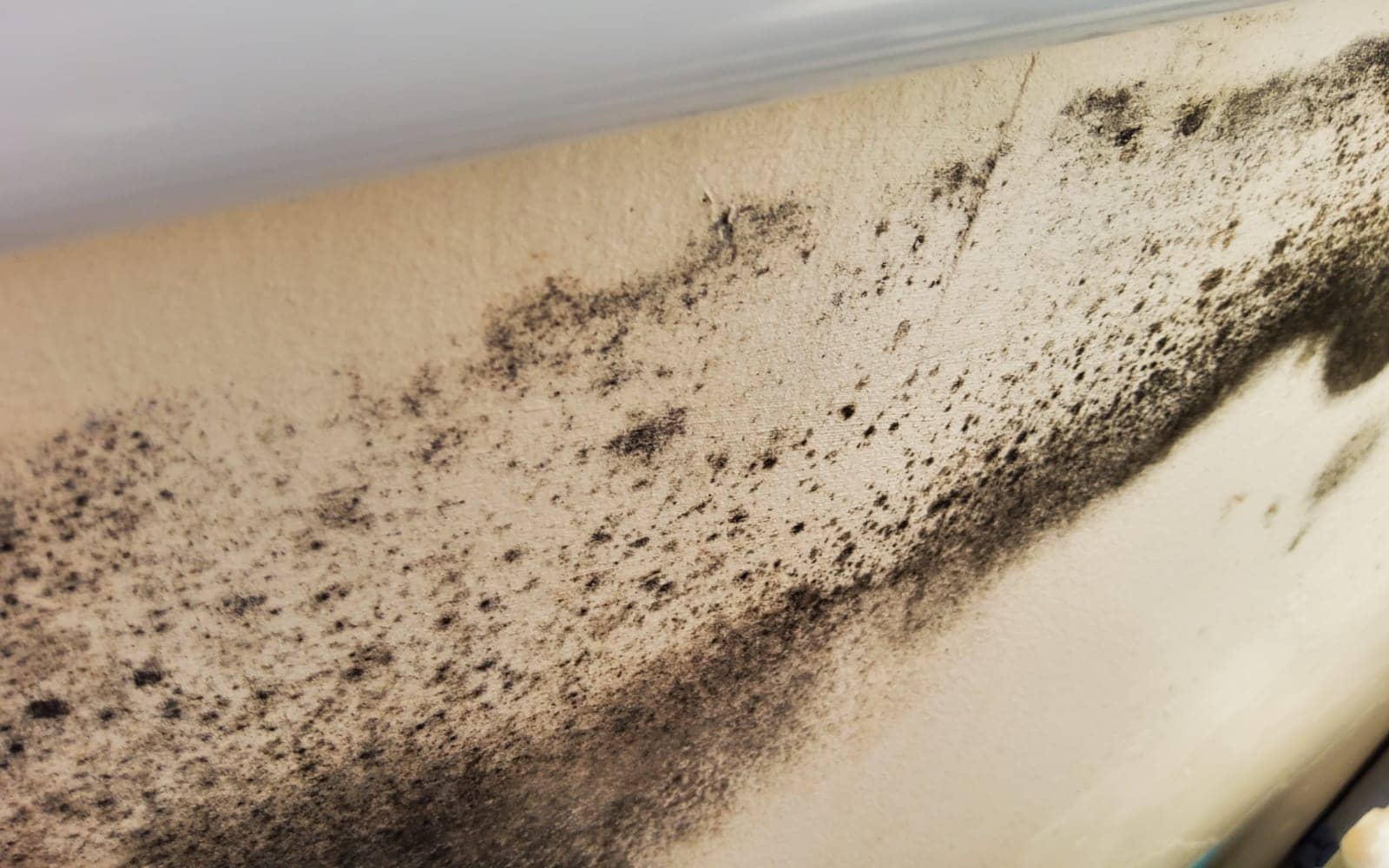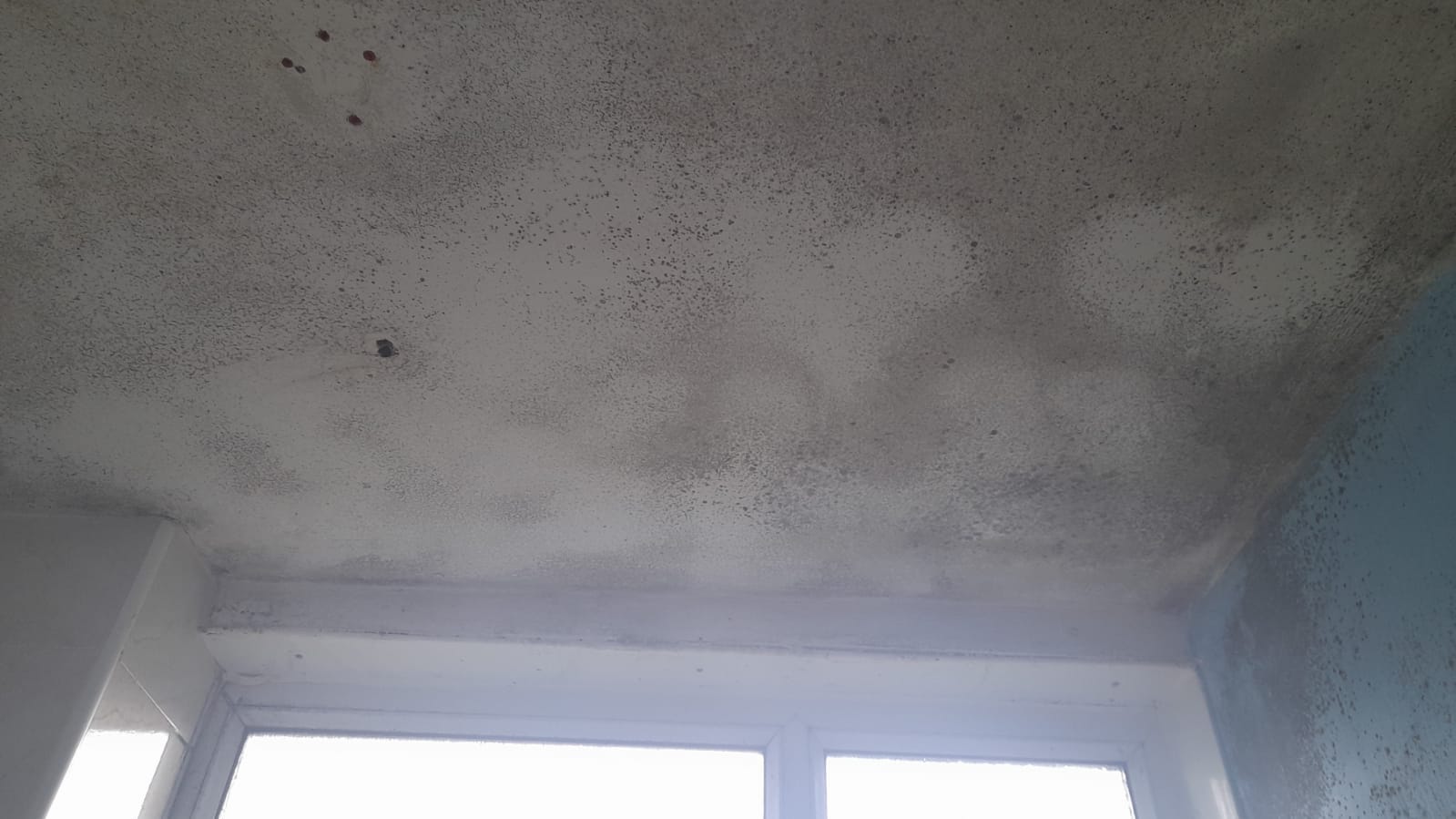If you’ve ever rented a property, you likely understand the excitement of moving into a new space. However, as a tenant, it’s crucial to be aware of your rights and responsibilities, especially when it comes to issues like damp and mould. In this article, we’ll explore what tenants should know about damp and mould in rental properties, their rights, and the responsibilities of landlords.
Understanding Damp and Mould
Damp and mould are common issues in rental properties, and they can pose health risks if not addressed promptly. Dampness often occurs due to water leaks, poor ventilation, or inadequate insulation. When left unchecked, it can lead to the growth of mould, which can cause respiratory problems and exacerbate existing health issues.
As a tenant, it’s important to be vigilant about signs of damp, such as musty odours, water stains, or peeling wallpaper. Identifying these issues early on can help prevent more significant problems down the line.
Tenant Rights: What Are My Rights as a Tenant with Damp?
The good news is that tenants have rights when it comes to living in a property that is safe and habitable. In the context of damp and mould, your rights as a tenant include:
Right to a Habitable Property: Every tenant has the right to live in a property that is fit for habitation. This means that the property should be free from hazards that could affect your health, including damp and mould.
Prompt Repairs: If you notice damp or mould in your rental property, you have the right to request prompt repairs. The landlord is typically responsible for addressing these issues and ensuring that the property remains in good condition.
Communication with Landlord: It’s crucial to communicate with your landlord as soon as you identify damp or mould. Provide them with written notice, describing the issue and requesting repairs. Keeping a record of your communication can be valuable if the situation escalates.
Landlord Responsibilities: Is It the Landlord’s Responsibility to Get Rid of Mould?
Yes, it is the landlord’s responsibility to address and rectify issues related to damp and mould in a rental property. Landlords are obligated to maintain the property in a habitable condition, ensuring that it meets health and safety standards.
Prompt Action: Upon receiving notice of damp or mould, landlords should take prompt action to investigate the cause and carry out necessary repairs. This may involve fixing leaks, improving ventilation, or addressing any structural issues contributing to dampness.
Professional Assistance: In some cases, landlords may need to seek professional assistance, such as hiring a qualified contractor to assess and remediate the mould. It’s essential for landlords to take these steps seriously, as failure to address damp and mould promptly can lead to legal consequences.
Taking Action as a Tenant
While landlords are responsible for addressing damp and mould issues, tenants also play a role in maintaining a healthy living environment. Here are some steps tenants can take:
Regular Cleaning: Keep your rental property clean and well-maintained. Regular cleaning can help prevent mould growth and reduce the risk of dampness.
Proper Ventilation: Ensure that the property is adequately ventilated. Use exhaust fans in bathrooms and kitchens, open windows when possible, and avoid blocking air vents.
Reporting Issues Promptly: If you notice signs of damp or mould, report them to your landlord immediately. Prompt reporting can prevent the issue from worsening and demonstrate your commitment to maintaining the property.
Legal Recourse for Tenants
In the unfortunate event that your landlord fails to address damp and mould issues despite your efforts, you may have legal recourse. Here are some steps you can take:
Local Authorities: Contact your local housing authority or environmental health department. They can conduct inspections and enforce housing standards.
Withholding Rent: In some cases, tenants may have the right to withhold rent until necessary repairs are made. However, it’s crucial to understand the specific legal requirements and seek advice before taking this step.
Legal Advice: Consult with a legal professional specialising in housing issues. They can provide guidance on your rights and the best course of action based on your specific situation.
Making a Housing Disrepair Claim with National Claims
If you find yourself in a situation where your landlord is unresponsive to your complaints about damp and mould, you may consider making a housing disrepair claim with National Claims. Our experienced team understands the complexities of these cases and can guide you through the claims process.
Consultation: Schedule a consultation with our experts to discuss the details of your case. We’ll assess the situation and provide personalised advice on the best course of action.
Documentation: Gather all relevant documentation, including photos of the damp and mould, communication with your landlord, and any reports from health authorities.
Legal Representation: National Claims can provide legal representation to ensure your rights as a tenant are protected. We’ll work to resolve the issue efficiently and effectively.

Conclusion
In conclusion, tenants have rights when it comes to living in a property free from damp and mould. Landlords are legally obligated to address these issues promptly, ensuring a safe and habitable environment for tenants. By understanding your rights and responsibilities, as well as taking proactive measures, you can contribute to a healthy living space and address damp and mould concerns effectively. Remember, communication is key, and seeking professional advice when needed ensures that both tenants and landlords fulfil their respective roles in maintaining rental properties. If issues persist, National Claims is here to support you in making a housing disrepair claim and seeking the resolution you deserve.
Start your claim today by getting in contact with us and speak to one of our claims specialists.
Click below to see why we are one of the most trusted claims management companies in the UK.

We’re proud of our excellent customer reviews
We thrive on delivering exceptional service and ensuring our clients’ satisfaction. Don’t just take our word for it. Check out some of our independent reviews to see what our clients have to say.
Excellent

This firm is excellent, they sorted out my car pay out and injury claim very fast, they always communicate with you all the time.

My accident case was dealt with confidence and with great result of the outcome, especially James kept me informed all the time.

I was very impressed at the way my inquiry was treated. I was listened to attentively and everything I needed to know was explained to me.






